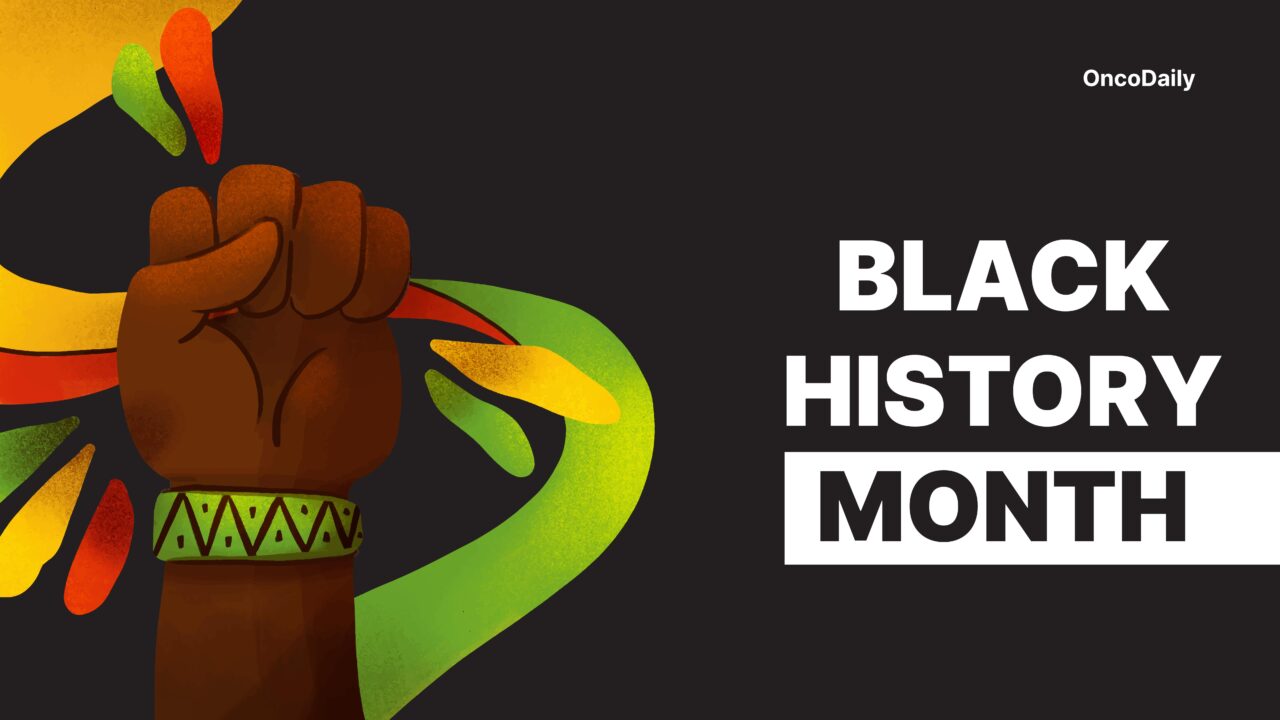February marks Black History Month—a time to celebrate, reflect, and recognize the achievements of Black leaders across all fields, including medicine.
In oncology, Black physicians, researchers, and advocates have made many pivotal contributions to cancer treatment and research. Yet, significant disparities remain in cancer care, affecting outcomes for Black patients worldwide.

As we honor the pioneers who have shaped oncology, we must also acknowledge the ongoing challenges and commit to advancing health equity. From increasing Black representation in clinical trials to addressing social determinants of health, the fight against cancer must be inclusive and just.
Pioneers in Oncology: Black Leaders Who Transformed Cancer
Dr. Jane C. Wright (1919–2013) – Pioneer in Chemotherapy
A visionary in oncology, Dr. Wright was instrumental in developing chemotherapy protocols that transformed cancer care. Her groundbreaking research led to the first combination chemotherapy treatments, laying the foundation for modern drug therapies.
Dr. LaSalle D. Leffall Jr. (1930–2019) – Champion of Cancer Equity
The first Black president of the American Cancer Society, Dr. Leffall dedicated his career to addressing racial disparities in cancer care and was a strong advocate for early detection and community outreach.
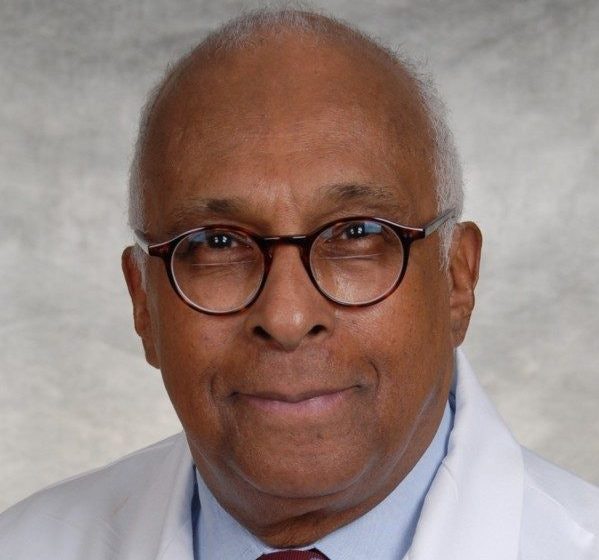
Dr. Olufunmilayo Olopade – Breast Cancer Genetics & Disparities Researcher
An internationally recognized oncologist, Dr. Olopade has transformed our understanding of hereditary breast cancer, particularly in Black and high-risk populations. Her work on the BRCA1 and BRCA2 genes has led to better screening and prevention strategies for aggressive breast cancer subtypes.
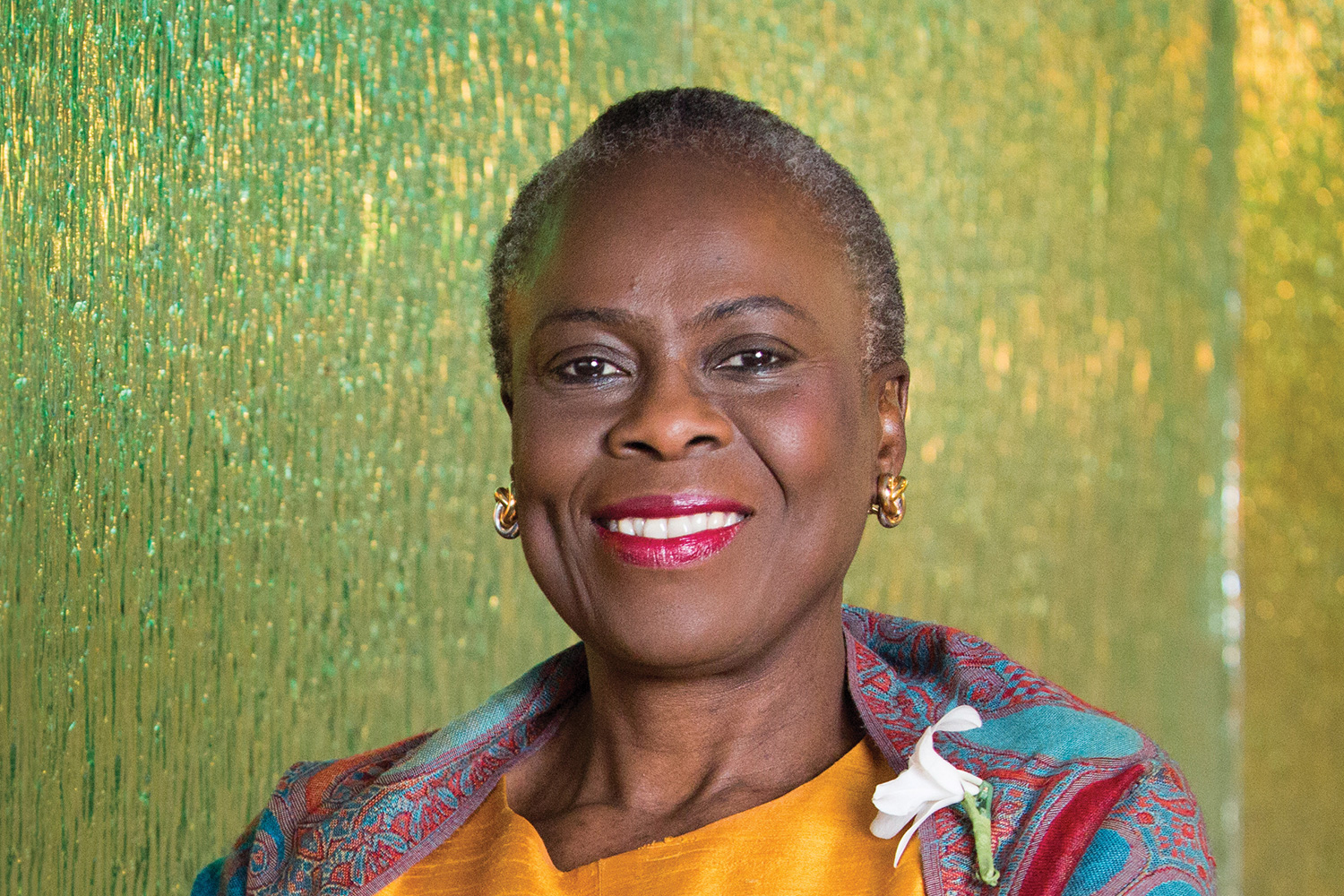
Dr. Wayne A. I. Frederick – Surgical Oncologist & Medical Educator
A leader in academic medicine, Dr. Frederick has dedicated his career to improving cancer outcomes in underserved communities. As Interim Chief Executive Officer of the American Cancer Society, he continues to promote diversity in medical education and research.

Dr. Robert Winn – Lung Cancer Expert and Director of VCU Massey Cancer Center
One of the few Black leaders of an NCI-designated cancer center, Dr. Winn is at the forefront of community-based oncology research. His work bridges the gap between academic research and real-world cancer care, ensuring that Black patients receive equitable access to clinical trials and treatments.
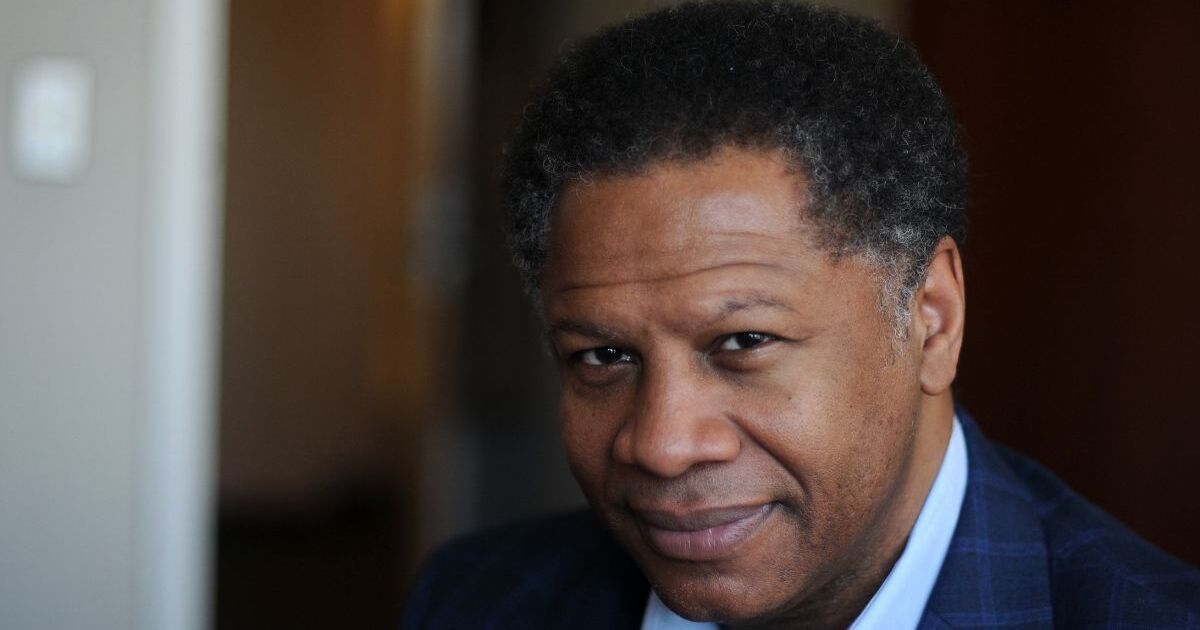
Dr. Lola Fayanju – Breast Surgical Oncologist & Health Equity Researcher
A nationally recognized breast cancer surgeon and researcher, Dr. Fayanju focuses on outcome disparities, access to care, and precision medicine for historically marginalized groups. She is The Helen O. Dickens Presidential Associate Professor and Chief of Breast Surgery at Penn Medicine.
Dr. Charles Rotimi – Genomic Researcher
A leader in cancer genomics, Dr. Rotimi’s work explores the genetic factors contributing to cancer disparities among African populations and African Americans. His research is helping to redefine precision oncology for diverse populations. He is the Scientific Director at the National Human Genome Research Institute.
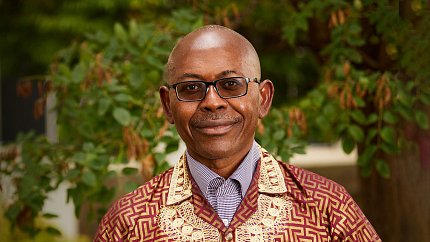
Disparities in Cancer Care in the Black Community
According to the American Cancer Society, African Americans face a higher cancer burden, experiencing more illness, worse outcomes, and shorter survival compared to other racial/ethnic groups in the U.S.
They have the highest cancer death rates, with Black men having the highest incidence and prostate cancer mortality more than double that of other groups.
Black women are 40% more likely to die from breast cancer than white women, with the disparity doubling for those under 50.
Racial discrimination in healthcare and living in segregated communities contribute to late diagnoses, higher mortality, and lower survival rates, particularly for breast and lung cancers.
A Call for Action
Encourage engagement by:
- Suggesting ways people can support equity in oncology (e.g., donating to research, participating in clinical trials, spreading awareness).
- Including resources for Black patients (e.g., free screening programs, cancer hotlines, support groups).
- Calling for greater mentorship and representation in medical and research fields.
As we celebrate Black History Month, let’s recognize the contributions of Black oncologists and researchers while continuing to push for a future where cancer care is fair, accessible, and inclusive for all.


